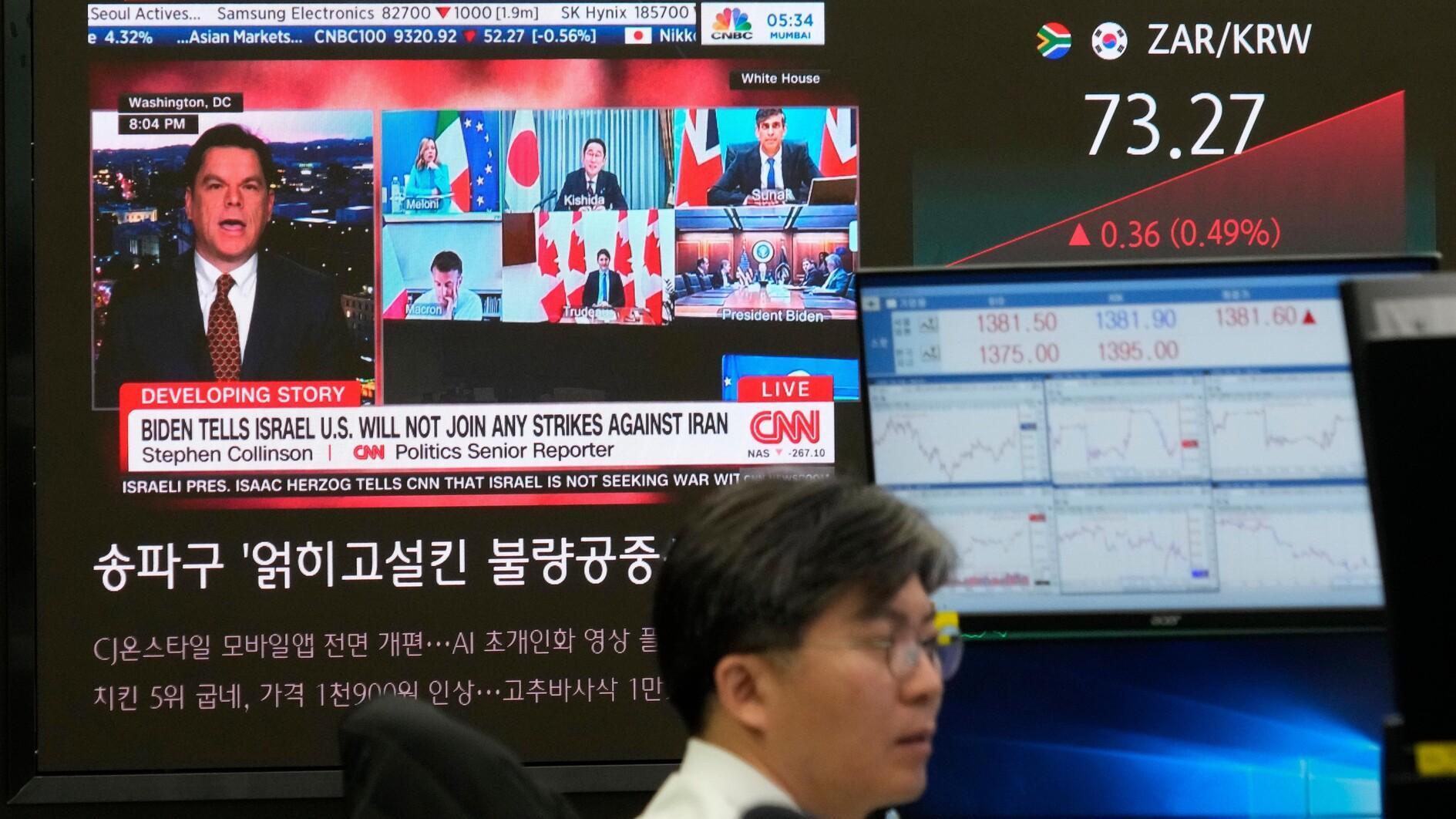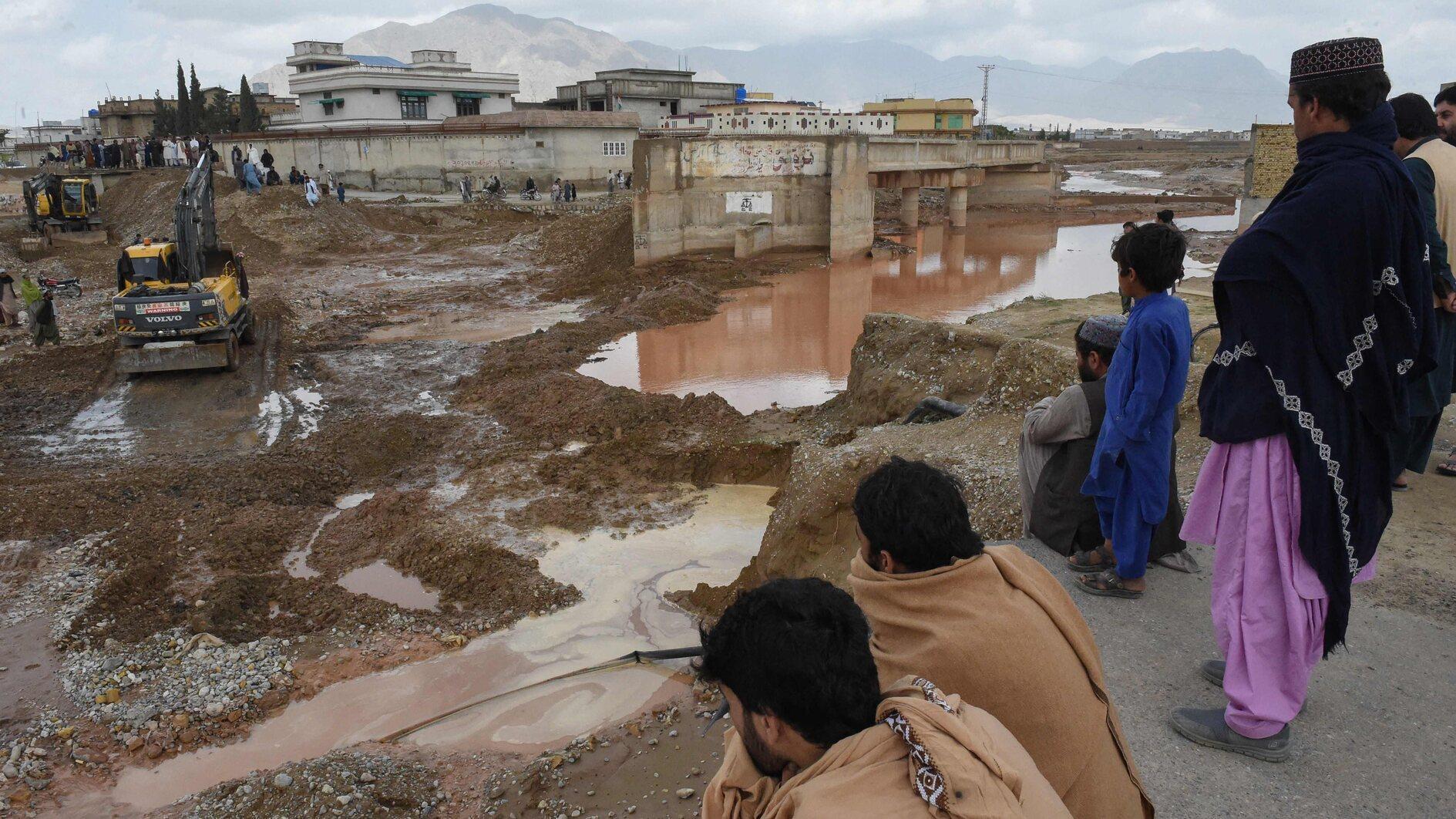US secretary of state due to visit Turkey with ‘interim zone of stability’ on agenda
Sevil Erkuş – ANKARA
 U.S. Secretary of State Rex Tillerson will pay a visit to Turkey on March 30 to discuss the case of U.S.-based cleric Fethullah Gülen, whom Ankara accuses of orchestrating the failed 2016 coup, and the U.S.-led offensive to retake Raqqa from the Islamic State of Iraq and the Levant (ISIL).
U.S. Secretary of State Rex Tillerson will pay a visit to Turkey on March 30 to discuss the case of U.S.-based cleric Fethullah Gülen, whom Ankara accuses of orchestrating the failed 2016 coup, and the U.S.-led offensive to retake Raqqa from the Islamic State of Iraq and the Levant (ISIL). The secretary of state also plans to discuss an “interim zone of stability” in Syria based on cease-fires.
Tillerson will discuss “interim de-escalation zones based on cease-fires or other means” with Turkey, a State Department official said March 27.
“Turkey has been in very extensive discussions with the Russians and the Iranians through the Astana process to put in place cease-fires,” the official said.
“The deal there is that Turkey has an agreement, a commitment to deliver elements of the opposition, and critically, Russia has a commitment to deliver the regime to make sure that these cease-fires hold,” the official said.
“We want to see, particularly on the borders of our allies, areas in which the civil war is de-escalated, in which humanitarian aid can come in, in which people can live in peace, and which ultimately, our refugees can return to their homes,” said the official.
“So that’s something that is an objective of ours and we look forward to discussing with Turkey on how we can reinforce the cease-fire initiatives that they have negotiated with the Russians and others through the Astana process,” the official added.
U.S. backing for the Syrian Kurdish People’s Protection Units (YPG), which Turkey considers part of the outlawed Kurdistan Workers’ Party (PKK), has also been a major source of dispute between the two NATO allies, but Washington has maintained its military support on the ground for the group despite Turkey’s entreaties.
“We are very mindful of Turkey’s concerns and it is something that will continue to be a topic of conversation,” the State Department official said.
The U.S. argues that the YPG and PKK are separate entities and has long viewed the Syrian Kurdish militia as key to retaking Raqqa alongside Arab fighters in the U.S.-backed Syrian Democratic Forces (SDF).
On March 27, President Recep Tayyip Erdoğan reiterated Turkey’s call to the U.S. administration to end its cooperation with the YPG while demanding that the group retreat from Manbij. “We don’t consider your business with a terrorist organization appropriate taking into account our strategic partnership and alliance in NATO,” he said.
Erdoğan also complained that the U.S. has not yet heeded Turkish concerns.
All signs indicate that the U.S. will stick with the YPG, but Ankara is hopeful Washington will at least take a step regarding the case of Gülen.
Ankara has been urging Washington to at least temporarily arrest Gülen pending his possible extradition. The Turkish government has frequently sent evidence to the U.S., but Turkish leaders are uncomfortable that the U.S. attorney general has not even launched a legal process.
Tillerson will be the most senior U.S. official to formally visit Turkey since the Donald Trump administration took office in January. The visit comes ahead of a critical referendum on April 16 on constitutional amendments that will extend the president’s powers in Turkey.
“It is certainly something we are very acutely aware of and the secretary will be mindful of while he is there,” one State Department official told a conference call with reporters on March 27, referring to political sensitivities ahead of the referendum.
The U.S. has avoided declaring its possible plans for the capture of Raqqa, ISIL’s self-declared capital, until the April referendum in a bid to avoid becoming an election issue ahead of the referendum, a diplomat told the Hürriyet Daily News on condition of anonymity.
Tillerson will not meet members of Turkish opposition groups during his one-day visit to Ankara where he will meet Erdogan.
















